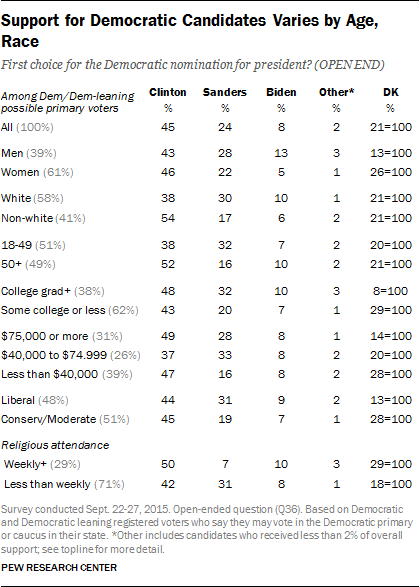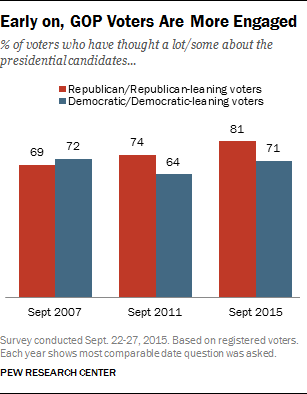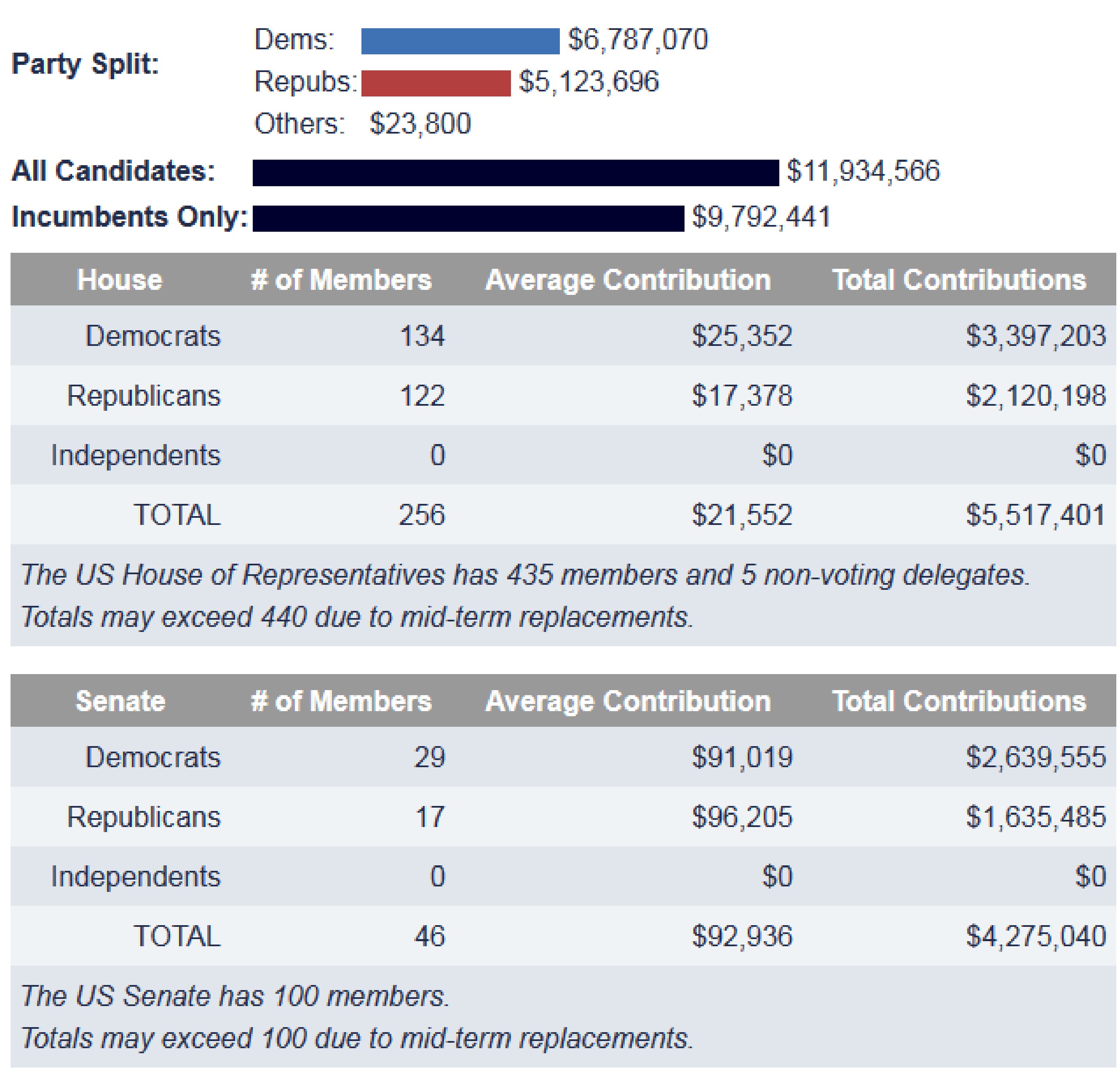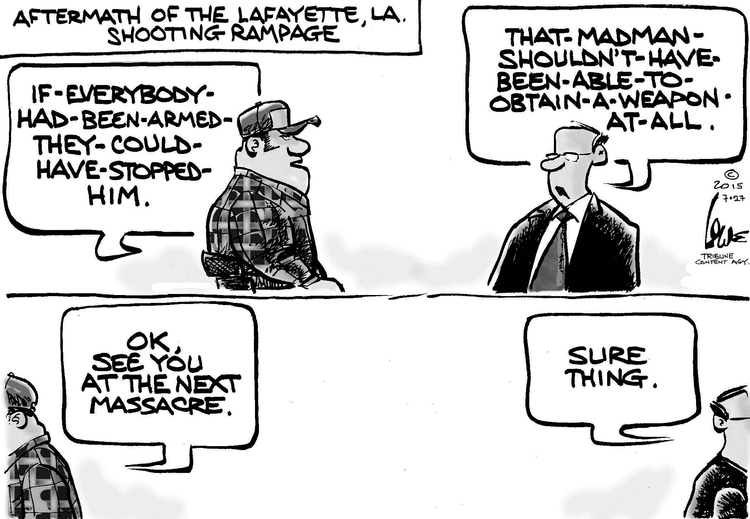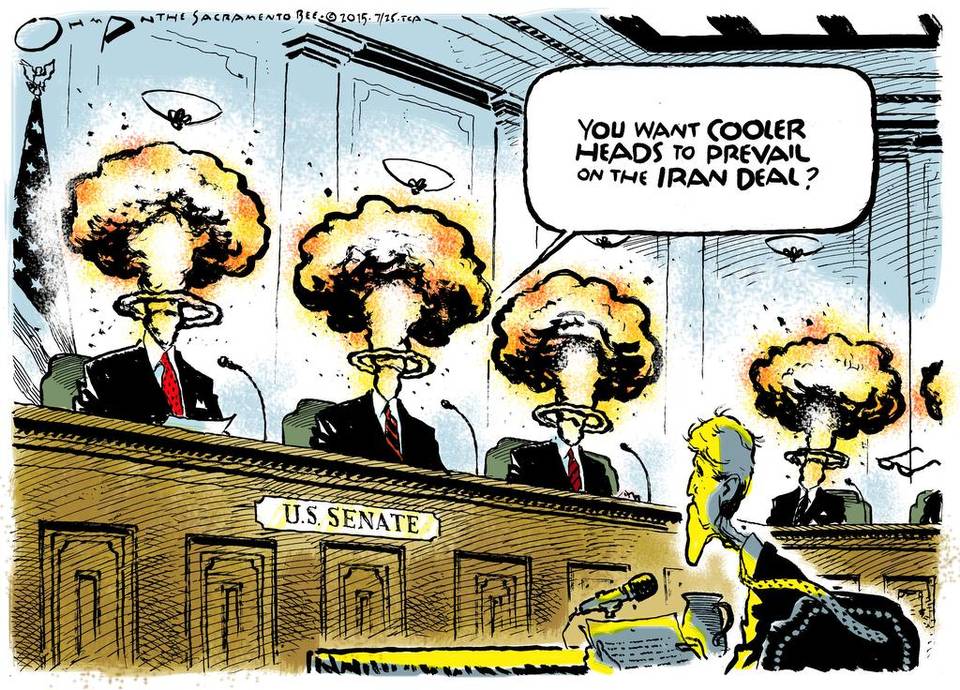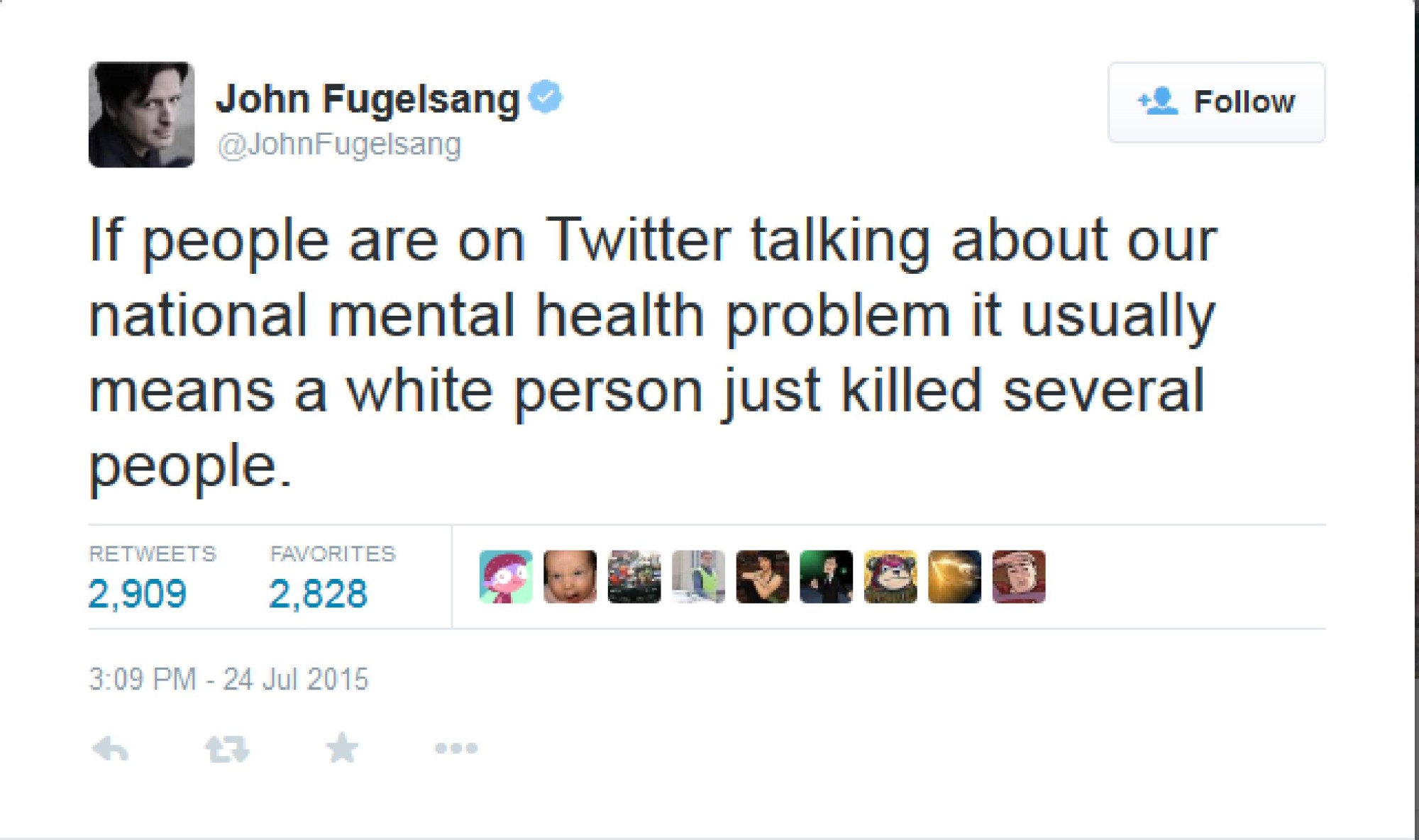Wrongo watched the first half hour of the Republican Debate. If you feel you must, a transcript of the whole debate is here. The focus was supposedly on the economy. Perhaps the funniest thing was that the media password for WiFi was “stophillary”.
You will be inundated with expert opinion about what was said and who the “winners” were, but none of that is important. All you need are the Wrongologist’s observations: First, the moderators couldn’t be trusted to offer a reality-based picture of the world, any more than the candidates. Maria Bartiromo asked Jeb about unemployment, saying that almost 40% of Americans are without a job and are not even looking. Really? Media Matters checked, and her number included children, retirees, college students, and stay-at-home parents.
Yep, Republican policies will get those kids and retirees into the workforce.
Regarding the candidates:
• There was oratory, little of which sounded informed
• Most denied basic facts about economic and jobs growth
• Most candidates agreed that nobody needs a minimum wage, much less a higher minimum wage
• They agreed we need a small government, but one that still can dominate the world
When a Republican says “small government,” they really mean making the government’s legal and regulatory arm ineffective enough to allow businesses to do whatever the Hades they want until something bad happens. Then Congress can say: “who could have imagined” like the morons they are, and ask the taxpayers to clean up the mess.
You would think that the debate performance by Republicans, and their relative lack of political experience, opens up a window for Democrats in 2016. It should, but Democrats may not be in a position to take advantage. Since the Reagan era, they have deserted the world view and policies that gave them an upper hand politically. They have left the New Deal and Great Society behind, and failed to replace them with anything that anyone thinks is worth getting excited about.
They have morphed into “Republican Lite.” Republicans don’t like Democrats because they won’t agree to the GOP’s fringe ideas on guns, climate change and gutting the Voting Rights and Civil Rights Acts.
Most of the rest of the country just doesn’t care about these new Dems. Some detest their support of abortion and gay and transgender rights. Democrats aren’t doing better because it is obvious that they have become what we used to call moderate Republicans, and why should right-of-center voters settle for the imitation flavor?
A pundit said last week that Barack Obama is only slightly to the left of Richard Nixon. Judge for yourself: Nixon instituted national price controls, ended convertibility of the dollar into gold, signed legislation that started the EPA, and endorsed the failed Equal Rights Amendment. Would Obama we know today have done all of those things?
Since 2008, Democrats have lost the electoral argument in the states. Republicans now control both houses in 31 state legislatures, and have gained 900 seats in those state legislatures on Obama’s watch.
That doesn’t sound like Democrats are following a winning strategy.
Bernie Sanders is attempting to help the Democratic Party rediscover who they once were. However, that re-discovery is not widespread, and may be occurring too late to be of service in this election cycle. If the re-awakening does not occur in this cycle, there is reason to believe that the oligarchs will have all the votes they need both in Congress and on the Supreme Court to ensure a semi-permanent reign.
So Democrats, the choice is yours: You can endorse centrist, middle-of-the-road issues, or you can represent the issues that the American people actually care about. If you go middle of the road, know that you’re putting the millennial vote in play, since they are a generation that, for the most part, remains politically independent.
This strategy may lead to Hillary taking the White House, but it will make taking back the Senate harder, and it will not reduce the Republican majority in the H0use.
Democrats need to do better.

